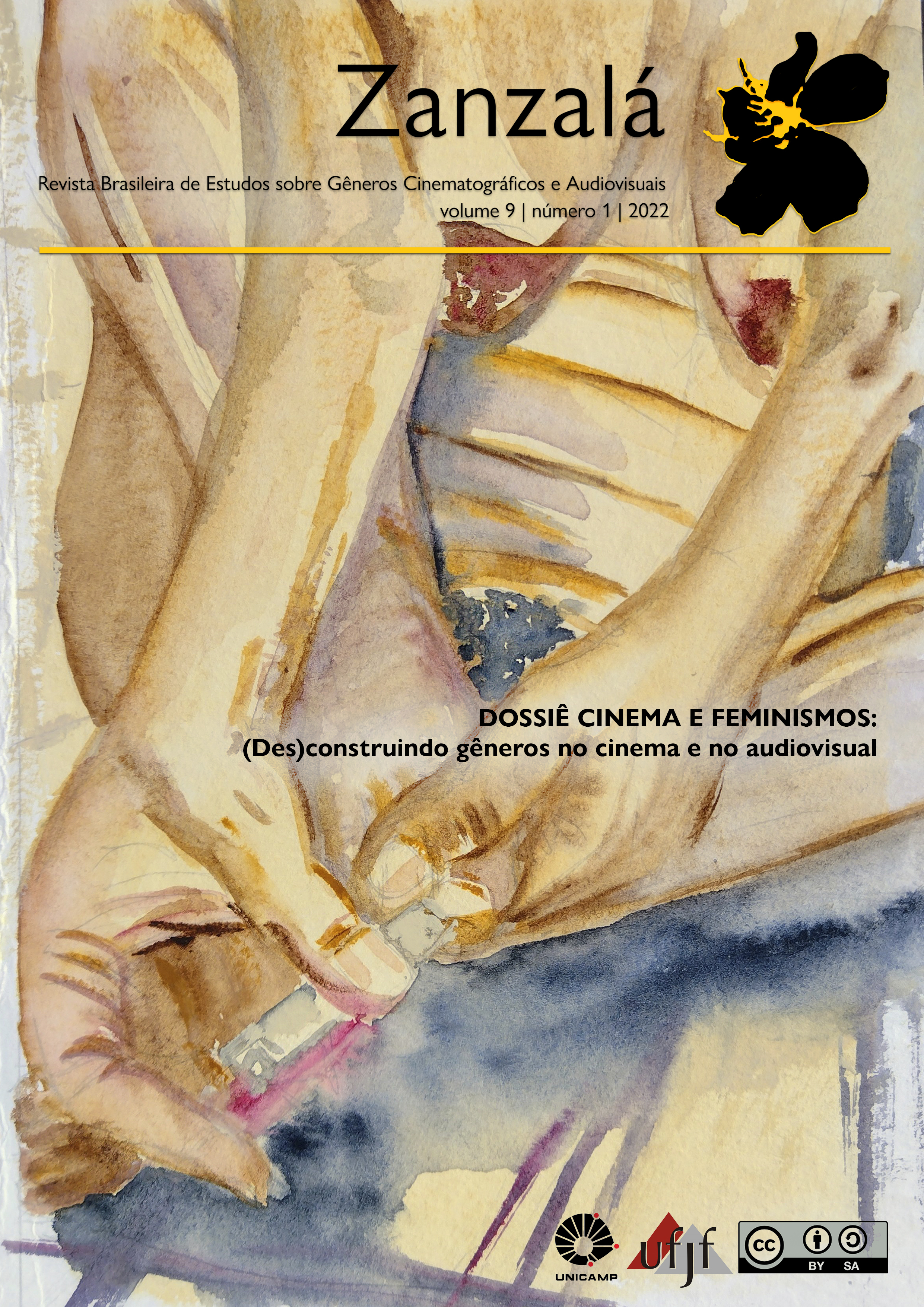Crossing Borders of Alterity, Opening Curtains
Trinh T. Minh-há, third cinema and the border cinema
Abstract
Crossing the border, physical or imaginary, for Trinh T. Minh-ha, is an aesthetic and political act. Crossing borders raises semantic, cultural and political shifts. This act implies opening curtains, bringing into the field of the visible subjects hitherto erased from the screens, confabulating discursive strategies to deterritorialize the canons of the masters' discourses through the sieve of postcolonial criticism. Thus, she produces border texts, sounds and images, both in her theory and in her cinema, with a focus on the figure of the outsider woman. Here I seek to tackle the threads of continuity and discontinuity that unfold from the third cinema, a political cinema whose motto is the insurgency against the (neo)colonial regime, causing seismic shocks in the way of thinking and making political cinema in the so-called third world. , paving the way for exilic, diasporic and nomadic cinemas. I try to answer how philosophy and film theory approach the representation of the invisible, but inevitable subjects that these cinemas treat as central: the people.
Downloads
Downloads
Published
Issue
Section
License
Proposta de Aviso de Direito Autoral Creative Commons
1. Proposta de Política para Periódicos de Acesso Livre
Autores que publicam nesta revista concordam com os seguintes termos:
- Autores mantém os direitos autorais e concedem à revista o direito de primeira publicação, com o trabalho simultaneamente licenciado sob a Creative Commons Attribution License que permitindo o compartilhamento do trabalho com reconhecimento da autoria do trabalho e publicação inicial nesta revista.
- Autores têm autorização para assumir contratos adicionais separadamente, para distribuição não-exclusiva da versão do trabalho publicada nesta revista (ex.: publicar em repositório institucional ou como capítulo de livro), com reconhecimento de autoria e publicação inicial nesta revista.
- Autores têm permissão e são estimulados a publicar e distribuir seu trabalho online (ex.: em repositórios institucionais ou na sua página pessoal) a qualquer ponto antes ou durante o processo editorial, já que isso pode gerar alterações produtivas, bem como aumentar o impacto e a citação do trabalho publicado (Veja O Efeito do Acesso Livre).

